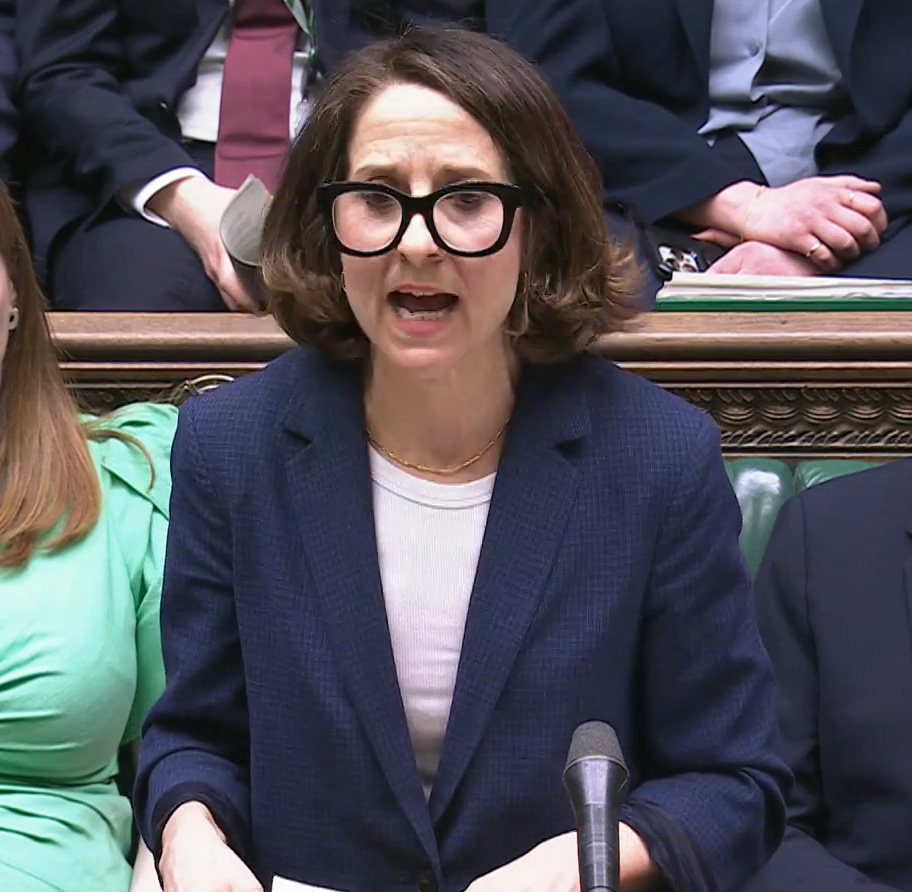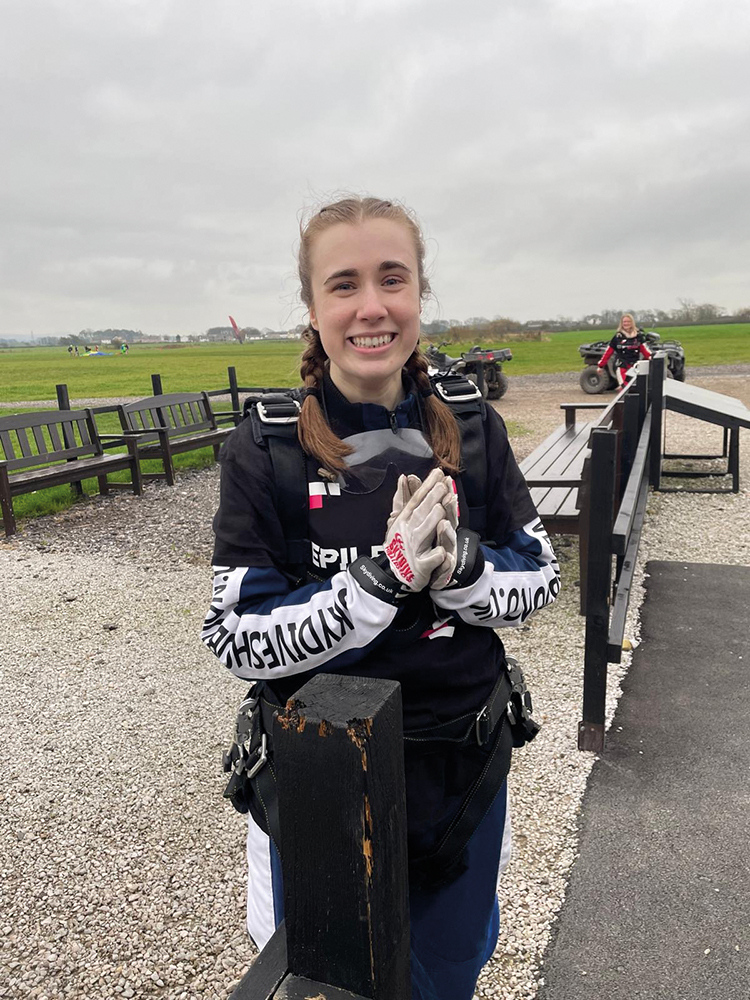 There is a significant lack of epilepsy specialists in the UK, a report by Epilepsy Action has found. Meanwhile the government’s latest NHS plan failed to mention epilepsy or neurology.
There is a significant lack of epilepsy specialists in the UK, a report by Epilepsy Action has found. Meanwhile the government’s latest NHS plan failed to mention epilepsy or neurology.
Epilepsy Action’s prevalence and incidence report described the situation as a “neurology workforce crisis”. It found there was one neurologist to every 868 people with epilepsy in the UK, and one epilepsy specialist nurse to every 1,397 people with epilepsy in the UK.
There are 721 full-time neurology consultants and 448 epilepsy specialist nurses (ESNs) in the UK, and 626,000 people with epilepsy.
There are currently 110,000 vacancies across the NHS. The government’s long-term workforce plan for the NHS (published June 30 2023) failed to mention neurology and epilepsy or increasing pay for current staff.
Epilepsy Action’s director of health improvement and influencing Alison Fuller said: “It’s really concerning to see the low number of available healthcare professionals specialising in epilepsy across the UK. This is even more significant when there are areas across the country with a high incidence and prevalence of epilepsy but limited workforce resources.
“This disparity makes it harder to manage and support patients in line with NICE guidance. For example, anyone with a suspected first seizure should be seen by a specialist within two weeks, but with the workforce stretched so thin, it’s often not possible to stay within this target.”
79 diagnoses a day
The epilepsy prevalence and incidence report said there were 79 new epilepsy diagnoses made each day, with 1 in every 107 people having epilepsy.
The research came from S Wigglesworth’s 2023 paper: “The incidence and prevalence of epilepsy in the United Kingdom 2013–2018: A retrospective cohort study of UK primary care data”, which is the most recent research conducted regarding epilepsy prevalence and incidence in the UK.
Wigglesworth’s research is based on GP electronic health record data, which was collected between January 1 2013, and December 31 2018, and is based on the electronic health records of 14 million patients, representing approximately 20% of the population.
Epilepsy specialists across the UK
The figures are particularly high in Northern Ireland, where there are only five epilepsy specialist neurologists and 14 epilepsy specialist nurses, with a resulting ratio of one ESN to every 1,947 people with epilepsy.
Meanwhile, in Wales there are approximately 32,000 people with epilepsy and 22.5 ESNs and 12 epilepsy specialist neurologists. That’s one epilepsy specialist neurologist to every 2,996 people with epilepsy and one ESN to every 1,598 people with epilepsy.
Within England, the highest concentration of neurologists was found in London, where the prevalence and incidence of epilepsy is lowest. The report says the opposite is also true – that the lowest concentration of neurologists is found in the North East, where the incidence and prevalence of epilepsy is highest.
Fuller said: “Way too often, people with epilepsy are faced with huge barriers in accessing routine care, because there simply are not enough professionals available. This situation can have serious consequences for patients: reduced quality of life, unplanned hospital admissions, even a higher risk of SUDEP (Sudden Unexpected Death in Epilepsy).
“Despite this massive shortage, the government is once again not taking epilepsy, or even neurology, into consideration within its strategy to address the current workforce issues. Many of the targets in the new NHS Long Term Workforce Plan are for 2036/37, with not enough focus on retaining current staff.
“There is also no mention of increasing staff pay, which is disappointing to see, as it has clearly been a major issue for workforce retention. We will continue to call for neurology services to be awarded the staffing levels and funding they need, so that people with epilepsy can get the care they deserve now, not 10 years from now.”
More articles



